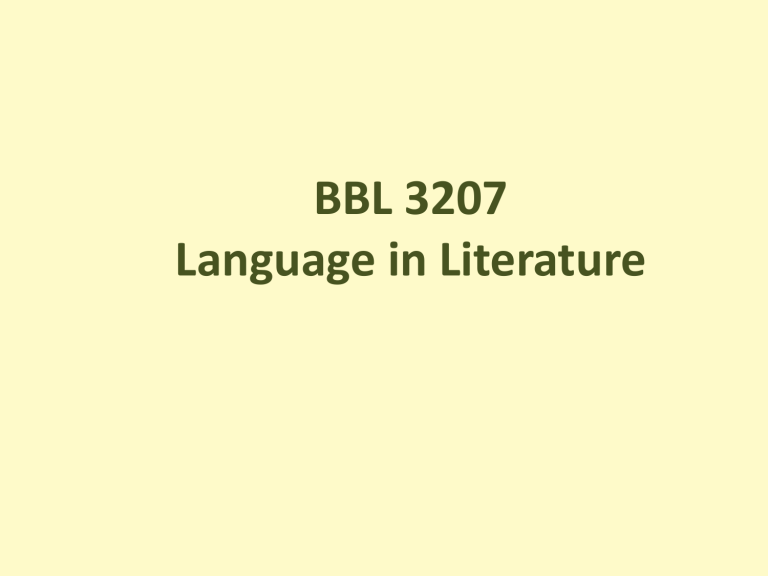

- RIME OF THE ANCIENT MARINER ELLIPSIS EXAMPLES FULL
- RIME OF THE ANCIENT MARINER ELLIPSIS EXAMPLES FREE
It is often used in poetry and in speeches to add emotional intensity.
apostrophe – is where a speaker directly addresses an absent person or a personified quality, object or idea. RIME OF THE ANCIENT MARINER ELLIPSIS EXAMPLES FULL
(Francis Bacon – “Reading maketh a full man, conference a ready man, and writing an exact man.”)
aphorism – a general truth or observation about life, usually stated concisely and pointedly. antithesis – a statement in which two opposing ideas are balanced a figure of speech in which contrasting or paradoxical ideas are presented in parallel form (“To err is human, to forgive, divine.”). antipathy – a strong feeling of aversion or opposition. antihero – a protagonist who lacks traditional heroic virtues and noble qualities and is sometimes inept, cowardly, stupid or dishonest-yet sensitive (Heathcliff in Wuthering Heights). anticlimax – is often used deliberately for comic effect to create an ironical letdown by descending from a noble tone or image to a trivial or ludicrous one. It is also a word, phrase or clause that a relative pronoun refers to. antecedent - means going before or preceding. antagonist – is a character or force in conflict with the main character (protagonist) in a literary work (In Sir Gawain and the Green Knight, the Green Knight is the antagonist, who challenges Sir Gawain.). anecdote – is a brief story about an interesting, amusing or strange event. anaphora – the deliberate repetition of a word or phrase at the beginning of several successive verses, clauses, or paragraphs. analysis – is the process of studying the whole by examining its parts. analogy – a comparison made between two objects, situations or ideas that are somewhat alike but unlike in most respects. anagram – the rearrangement of the letters in a word or phrase to make another word or phrase (Drab is an anagram of bard.). anadiplosis – repeating the end of a word of a clause as the beginning of the next one (“Pleasure might cause her to read, reading might cause her to know, knowledge might piety win, and piety grace obtain.”). anachronism – anything out of its proper time (an airplane in the Odyssey). ambiguity – is the intentional or unintentional expression of a word or idea that implies more than one meaning and usually leaves uncertainty in the reader – a statement that can contain two or more meanings. Allusions often come from the Bible, classical Greek and Roman myths, plays by Shakespeare, historical or political events and other materials authors expect their readers to know. allusion – a reference to a well-known person, place, event, literary work or work of art. (“Out from the marsh, from the foot of misty/ Hills and bogs, bearing God’s hatred, Grendel came.” Beowulf) It is often used in poetry to emphasize and to link words as well as to create pleasing, musical sounds.  alliteration – the repetition of initial consonant sounds of several words in a group. ( Pilgrim’s Progress is an allegory of the spiritual journey.) The events, settings, objects or characters in an allegory stand for ideas of qualities beyond themselves. allegory – a literary work with two or more levels of meaning: one literal level and one or more symbolic levels.
alliteration – the repetition of initial consonant sounds of several words in a group. ( Pilgrim’s Progress is an allegory of the spiritual journey.) The events, settings, objects or characters in an allegory stand for ideas of qualities beyond themselves. allegory – a literary work with two or more levels of meaning: one literal level and one or more symbolic levels.  ad hominem argument – to the man appealing to personal interests, prejudices or emotions rather than to reason an argument attacking an individual’s character rather than his or her position on an issue. adage – a familiar proverb or wise saying. accent – when a part of a word, phrase or sentence is spoken with greater force or stronger tone.
ad hominem argument – to the man appealing to personal interests, prejudices or emotions rather than to reason an argument attacking an individual’s character rather than his or her position on an issue. adage – a familiar proverb or wise saying. accent – when a part of a word, phrase or sentence is spoken with greater force or stronger tone. RIME OF THE ANCIENT MARINER ELLIPSIS EXAMPLES FREE
absolute – a word free from limitations or qualifications (best, all, perfect).







 0 kommentar(er)
0 kommentar(er)
